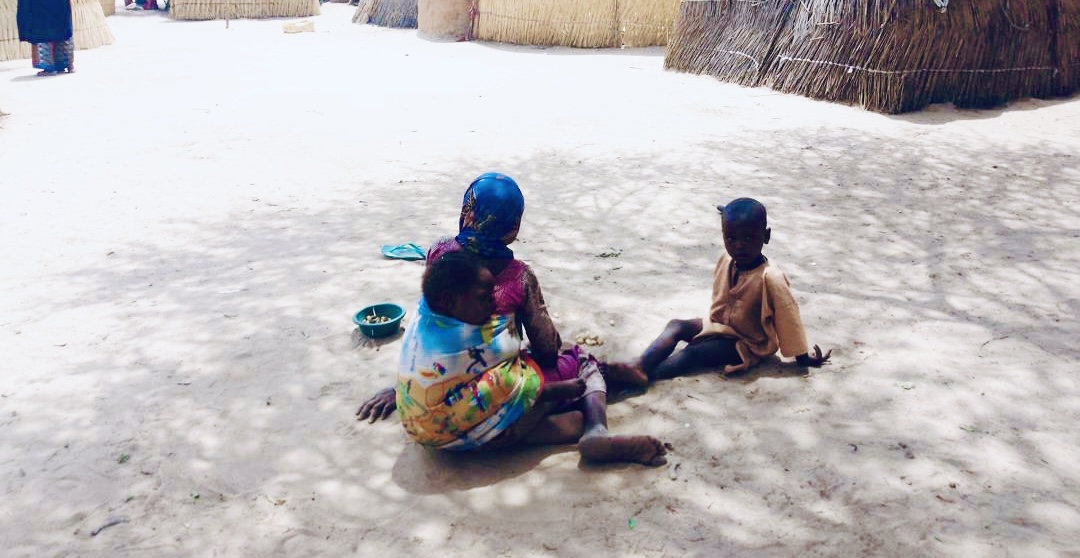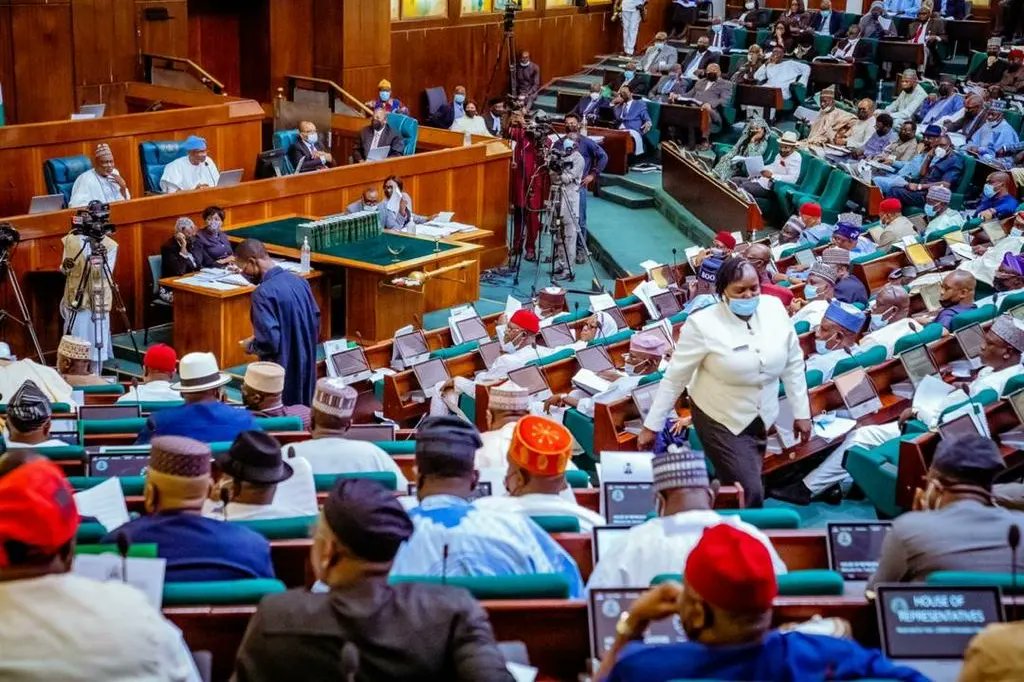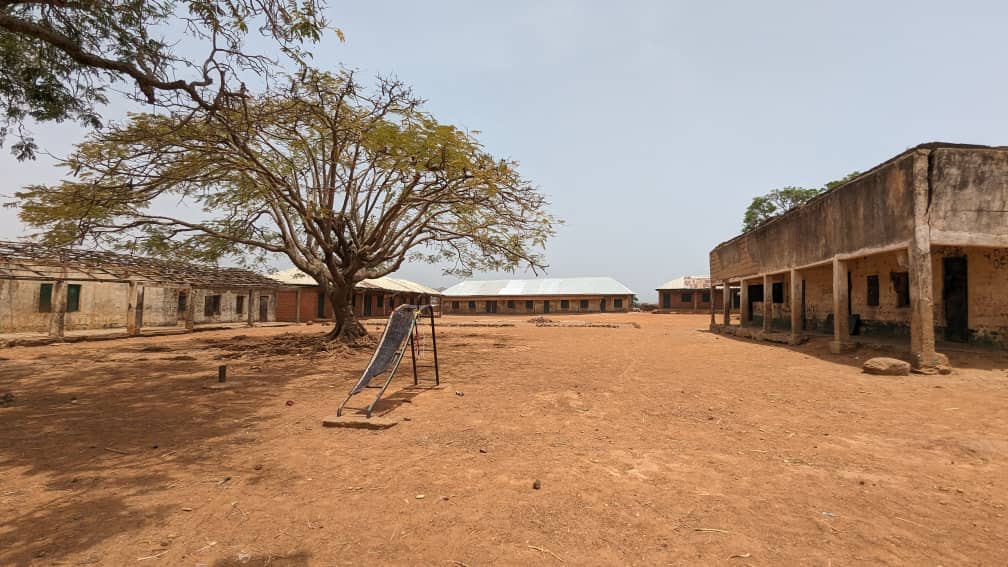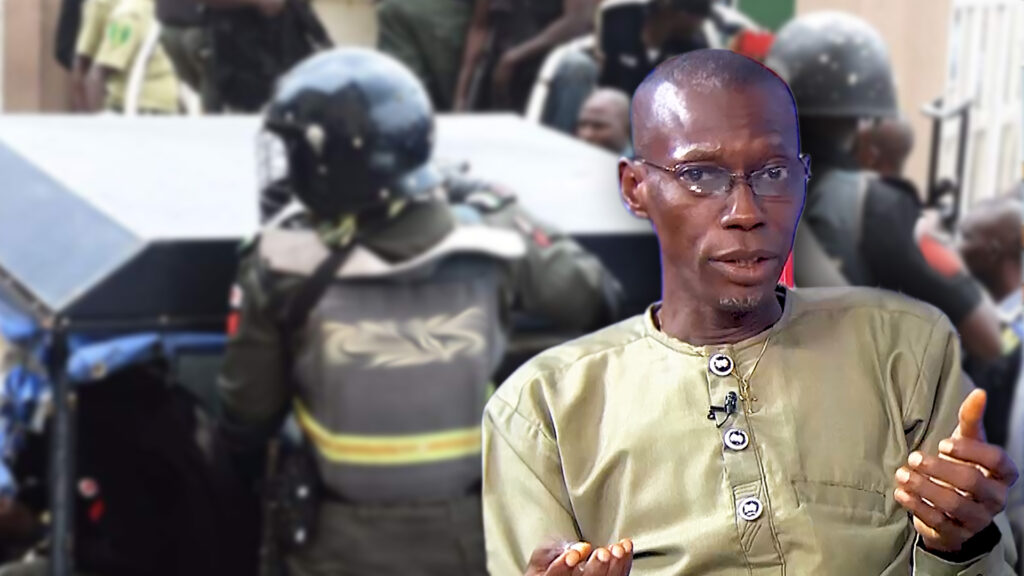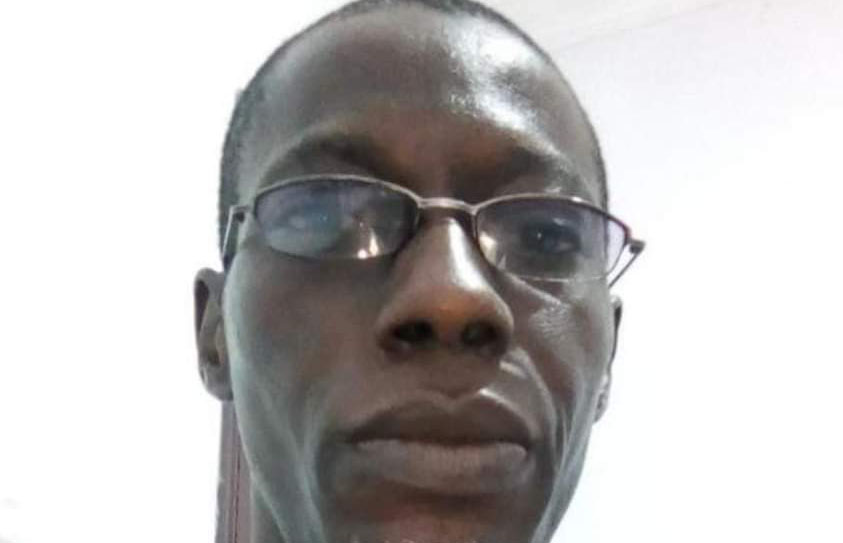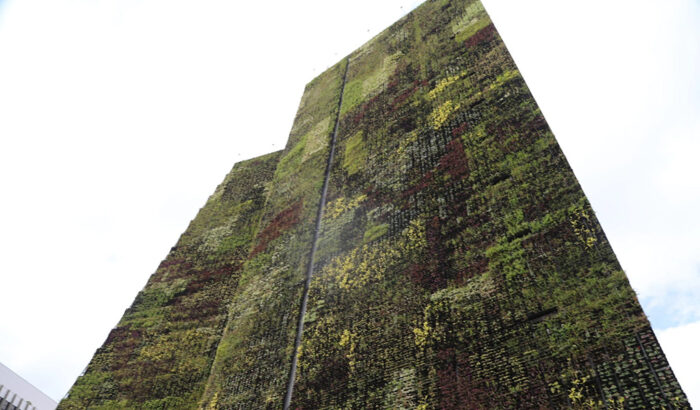In Sa’adatu’s right hand was a plate that contained a few N50 and N20 notes. She had just come back from begging for alms and stood at the entrance of the Ramen Kura Internally Displaced Persons (IDP) settlement, also called Kasuwar Daji IDP, in Sokoto. She had walked long hours under the scorching sun, begging for alms.
As she stood at the entrance, she thought of her family and her home in Tuzai, a village in the Isa Local Government Area of Sokoto. Though not affluent, Sa’ädatu could afford a decent meal and had a home where she lived with her husband (until his death) and two children back home in Tuzai.
Tuzai, once peaceful and safe, has now become a fertile ground for bandits to carry out their activities. Bandits raid the village, killing, kidnapping and asking for ransom to release abductees.
“They stole everything after we paid the N3 million ransom they requested. Now, they kidnapped two more people in the community,” said Sa’adatu.
These attacks threatened the unity of her family. Sa’ädatu left the village in search of safety, while her children left Sokoto for Abuja. Now in the camp, she is left with no source of income and relies on begging to feed herself. As inflation rises, the little she makes from begging is not enough to lift her out of poverty and take her back home, where she intends to start up a business.
READ ALSO: PALE PAINS: Malnutrition Kills Directly. ‘Dying’ Borno IDPs Tell Bitter Stories
HIGH COST OF LIVING BITES HARDER ON IDPs
Inflation has been persistently increasing in Nigeria over the last couple of months. According to the Nigerian Bureau of Statistics, the inflation rate sits at 29.9%, a 0.98% increase from 28.92% in December 2023.
As inflation rises, so does the price of food. In the first month of 2024, the food inflation rate was 35.41%. Nigerians have bemoaned meagre wages in the face of unending inflation and have requested a pay rise across board. Working class Nigerians are not the only ones hit by inflation. IDPs do not have it any easier either.
Nigeria has one of the highest numbers of internally displaced persons in sub-Saharan Africa, with over 3.5 million people displaced by conflict or climate change. Sa’adatu is one of them.
Activities of armed groups such as Boko Haram and bandits have displaced many people and denied them their livelihood. Many of them, like Sa’adatu, reside in IDP camps across the country.
A considerable number of them do not work and can not earn a decent income, so they have to rely on gift donations from people or beg for alms. The ones who work do not earn enough and have to spend more than they have because of the cost of living crisis. This further immerses them in poverty and makes it even harder for them to leave these IDP settlements.
Asides the lack of livelihoods, the cost of living crisis also makes it difficult for IDPs to go back to living their life the way it was long before they became displaced. For many IDPs, securing food comes first. So, when they are able to get some money, they use it to buy food, which has now become more expensive, and are left with little or nothing.
This makes it almost impossible for them to leave the IDP settlement.
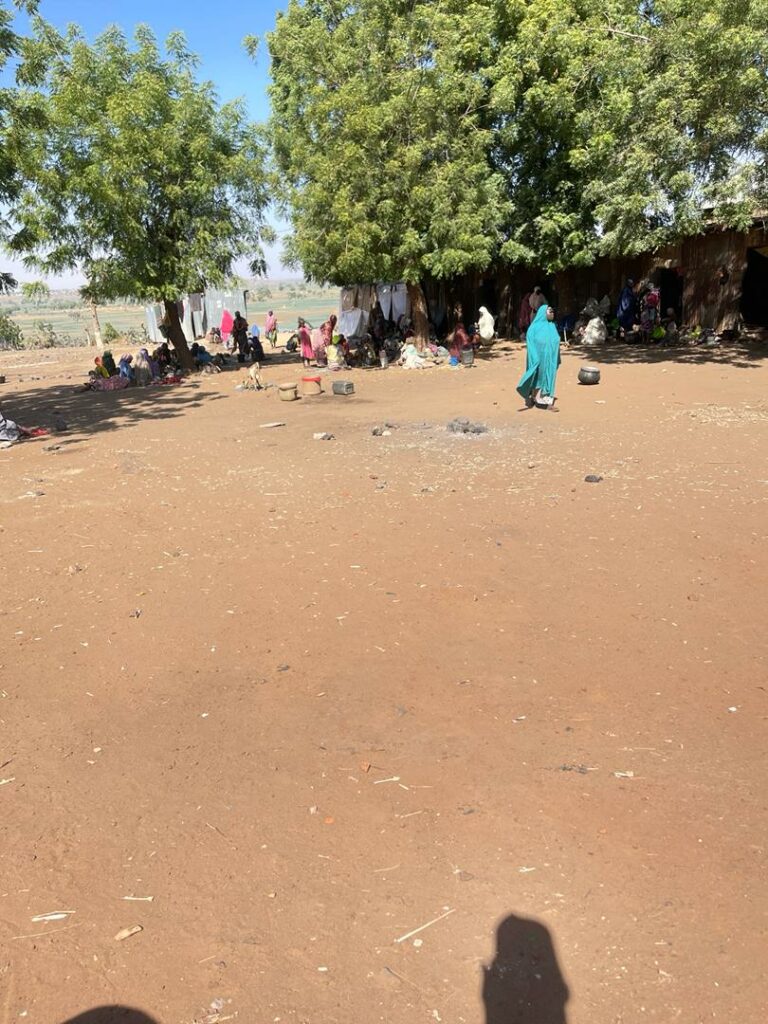
Long before Sa’adatu became an IDP last year, Hamza Abdullahi, a husband to two women and father of nine, was displaced from his home in Hura, Illela Local Government Area in Sokoto.
It has been eight years since he was displaced. Back in Illela, Hamza was a herder with flocks of sheep and cattle until bandits invaded his house and took away the herds of cattle and sheep he possessed, leaving him with nothing but his life and his family.
”We did not have food, and they had stolen all our animals. We were left with nothing and lived under their control. That was why I decided to relocate here as a refugee,” Hamza told FIJ.
To make ends meet in the IDP settlement, Hamza borrows a commercial motorcycle from his friend, which he uses to convey people to their destination for a fee.
“When the owner of the bike returns from his trip, I carry the bike and go. When I am back, I come to him and show him the proceeds, then I deduct the money I used to purchase fuel and we share the rest,” he added.
Whenever he gets his share of the proceeds, Hamza buys garri for himself, his two wives and nine children. “If I get N600 or N1000, I use it to buy one mudu of garri for my family,” said Hamza.
In addition to working as a commercial motorcyclist, Hamza also works as a labourer on construction sites. What he gets paid is still insufficient for him and his family.
”Even if I go for concrete work, no matter how hard I work, I can’t get what is sufficient enough to cater for my family. If I do concrete work for a day, I will only get N1500 or N2000 if I work over time. You know everything has got more expensive,” Hamza told FIJ.
He also told FIJ that the prices of food items he used to buy at lesser prices had become more expensive and almost unaffordable for him.
”We are managing small or big mudu of garri, millet and maize. Even maize has increased today, as they sold one mudu at the cost of N1500 today,” he added.
BETWEEN THE DEVIL AND THE DEEP BLUE SEA
Every IDP dreams of the day they will go back home to their family. But even that dream appears bleak for many.
Some of the communities these IDPs fled from are still being ravaged by bandits. They can’t go back to their homes because they are still unsafe, nor can they relocate elsewhere, even if they wish, without the money to do so.
”I can’t say the inflation is affecting my chances of going back home because it is still unsafe. Bandits would not allow us to go to our farmlands to cultivate our crops,” said Hamza.
Illela, where Hamza used to live before he became an IDP, is still being ravaged by bandits. ”This last rainy season, people in the village had to pay a levy of N1.4 million before the bandits allowed them to cultivate their farmlands. The bandits brought their cattle and destroyed the farmlands. Anywhere you see animals in the surrounding area, it belongs to them; we have nothing,” said Hamza.
A few tents away from Hamza’s tent was Amadu Gwadabawa. Amadu came into the camp two months ago. When he first came in, he had no shelter in the camp and used to sleep on the bare floor with his family. Like Sa’adatu, Amadu also relies on alms got from begging.
”I have nothing to do in this camp. I only used to go out to beg in order to get what to eat,” said Amadu.
He told FIJ that garri is the only meal he could afford to provide for his family, as the prices of food have become higher than they were. ”If people give me money, I use it to buy garri and mix it together with onion leaves. That is what my family and I eat for survival. Things have become really expensive and I don’t even have the money,” he added.
For Sa’adatu, the only thing standing between her and her dreams of going back home is the high cost of living crisis. She told FIJ she wished to return to her home but she was unable to do so because transportation fare had now become more expensive and the little she made from begging for alms was insufficient for her to return home.
”Surely, this cost of living crisis is affecting my chances of getting back home. I want to go home but I don’t have a penny and the transport fare has increased. If not for this high cost of living, I can easily go back home,” Sa’adatu told FIJ.
Subscribe
Be the first to receive special investigative reports and features in your inbox.


